By Damintha Gunasekera
The Indian Ocean Region—home to 35% of the world’s population across 36 nations—stands as the backbone of global commerce.
With 70,000 km of coastline and over 100,000 ships transiting annually, carrying 50% of global containerised cargo and 42% of crude oil, this region holds immense strategic weight.
As Chair of the Indian Ocean Rim Association (IORA), Sri Lanka had a historic moment at the 24th Council of Ministers Meeting to unite maritime powers including India, Australia, Indonesia, South Africa, and the UAE around shared priorities: maritime security, sustainable development, and economic collaboration.
Instead, we witnessed a failure of leadership.
Failure of leadership
The NPP Government’s decision to host this critical summit virtually—plagued by technical glitches—squandered our chance to showcase Sri Lankan diplomacy. More troubling, the inclusion of bilateral issues like Kashmir and Iran in the Colombo Communiqué marked an unprecedented departure from IORA’s regional focus. As Chair, Sri Lanka, under Foreign Minister Vijitha Herath, failed to steer discussions towards a unified agenda, undermining the potential of this vital platform.
Vision for Indian Ocean’s future is clear
Vision for the Indian Ocean’s future is clear: a tripolar world where India leads the region, with Sri Lanka facilitating this through our IORA chairmanship.
The IOR controls 16.8% of global oil reserves, 27.9% of proven gas reserves, and 40% of offshore oil production. Major ports like Singapore and Colombo, alongside refining hubs from Jamnagar to Jubail, position us at the heart of global trade. Amid global uncertainties—wars disrupting supply chains and Trump tariffs reshaping trade dynamics—more countries are turning inward, investing regionally to secure their futures. This shift underscores the urgent need for IOR nations to collaborate, pooling resources and expertise to navigate this turbulent landscape.
This isn’t just about economics
This isn’t just about economics—it’s about recognising our shared civilisational heritage. From the ancient Indus Valley civilisation to the maritime empire of the Cholas, the Indian Ocean has been a highway of cultural exchange for millennia. The linguistic, ethnic, and cultural ties that bind nations from Tamil Nadu to Tamil communities in Sri Lanka, from Bengali traders to Malaysian Indians, from Gujarati merchants in East Africa to Persian influences across the Gulf—these connections run deeper than any modern geopolitical arrangement.
India’s natural leadership role through IORA
India’s natural leadership role through the Indian Ocean Rim Association builds on this historical foundation. As a rising economic powerhouse, India can anchor regional cooperation while Sri Lanka, inheritor of centuries-old trading traditions and positioned at the crossroads of major shipping lanes, serves as the ideal facilitator for addressing climate change, maritime security, and equitable growth.
Sri Lanka once led the Non-Aligned Movement, drawing on our position as a bridge between civilisations. Today, we must champion India’s regional leadership—moving beyond the current Government’s diplomatic missteps to forge a unified Indian Ocean identity rooted in our shared history and common destiny.
Sri Lanka must immediately course-correct
As IORA Chair, Sri Lanka must immediately course-correct for upcoming meetings. We should leverage our remaining chairmanship tenure to convene in-person summits that showcase our diplomatic capabilities, focus discussions strictly on regional priorities, and build momentum for India’s leadership role. This means directly engaging New Delhi to align our IORA agenda with India’s Indo-Pacific strategy, while bringing key maritime nations—Australia, Indonesia, UAE, and South Africa—into this vision of Indian Ocean centrality.
Sri Lanka’s unique position allows us to broker conversations that others cannot. We must use the next Council of Ministers meeting to establish working groups on maritime security, climate resilience, and trade facilitation—concrete mechanisms that demonstrate the value of Indian Ocean cooperation while positioning India as the natural anchor for these initiatives.
The question isn’t whether the Indian Ocean will shape the future—it’s whether we’ll embrace our civilisational bonds to lead that transformation.
*The writer, a South Asia policy expert, holds a B.A. in Political Science from the University of Massachusetts-Amherst and an M.A. in International Affairs from The George Washington University. With global experience in strategic communications and political affairs, he is dedicated to economic justice, reconciliation, and development.
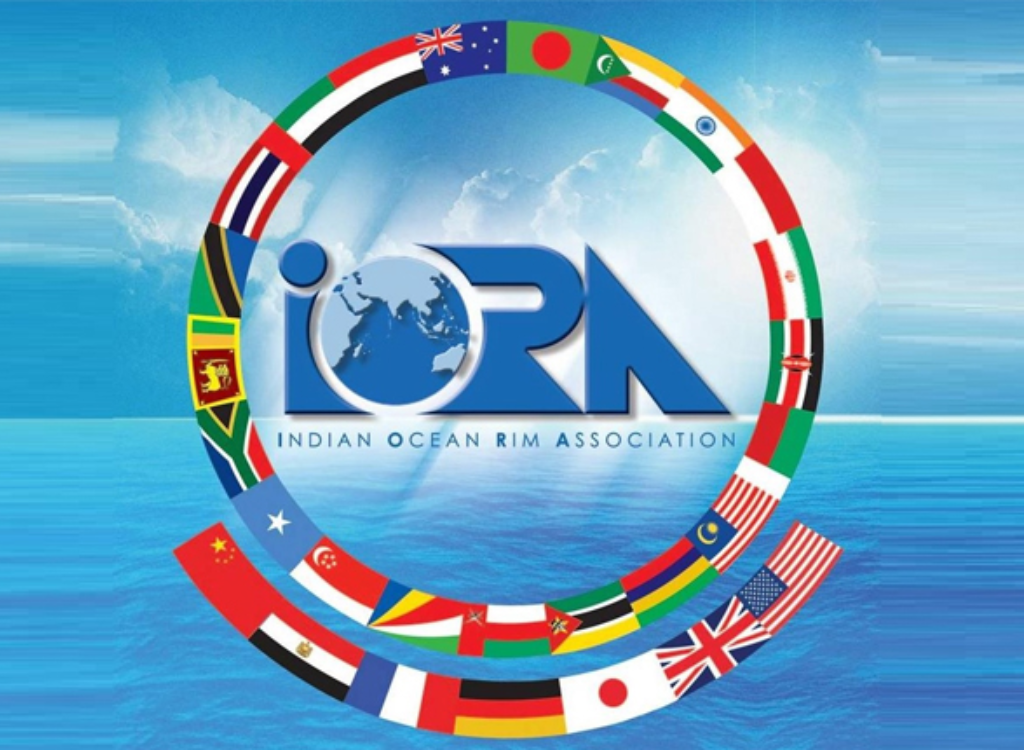


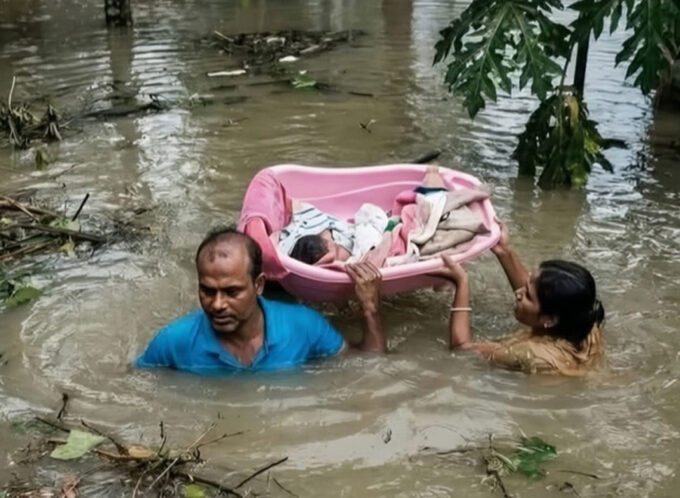
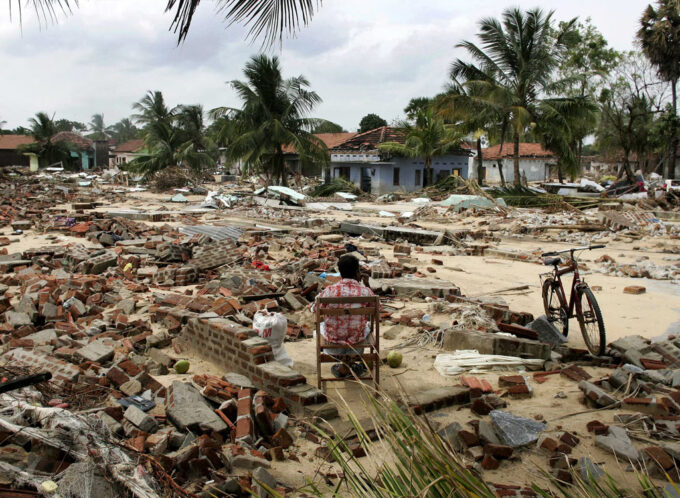
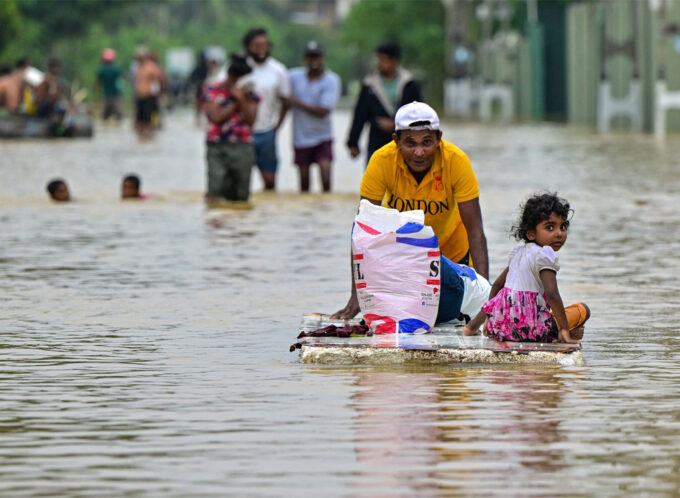
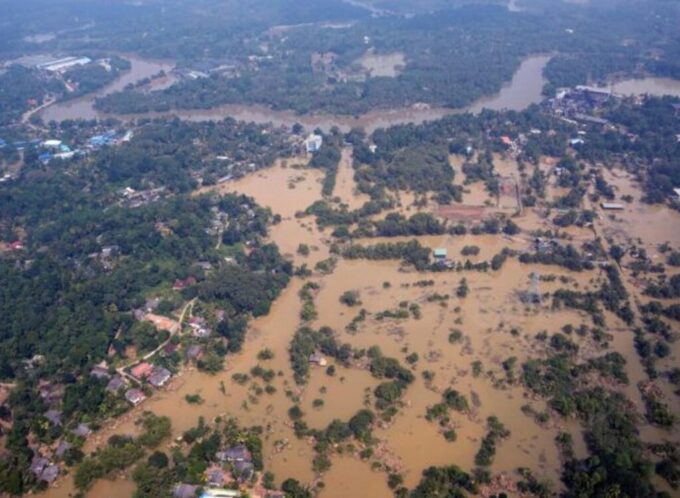




Leave a comment